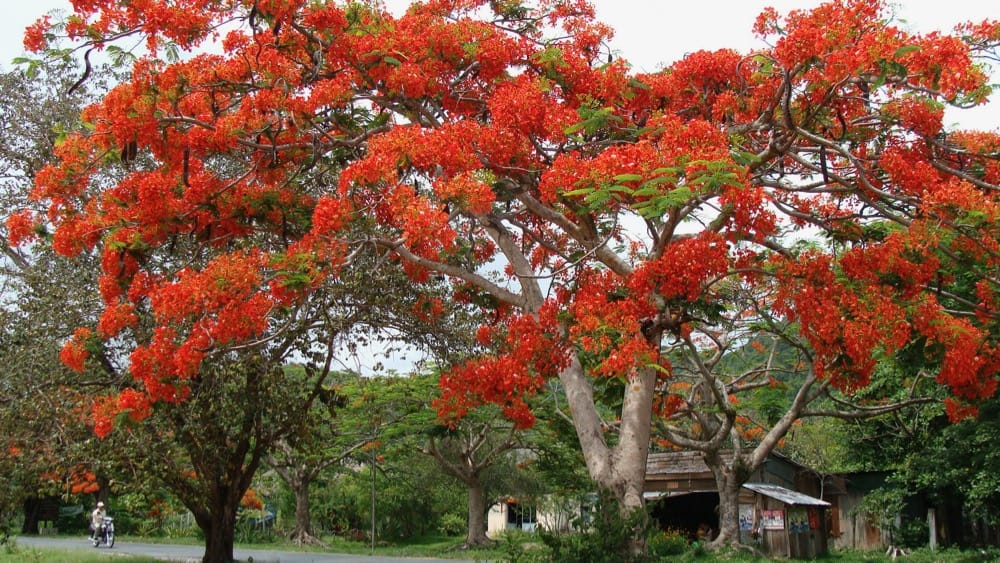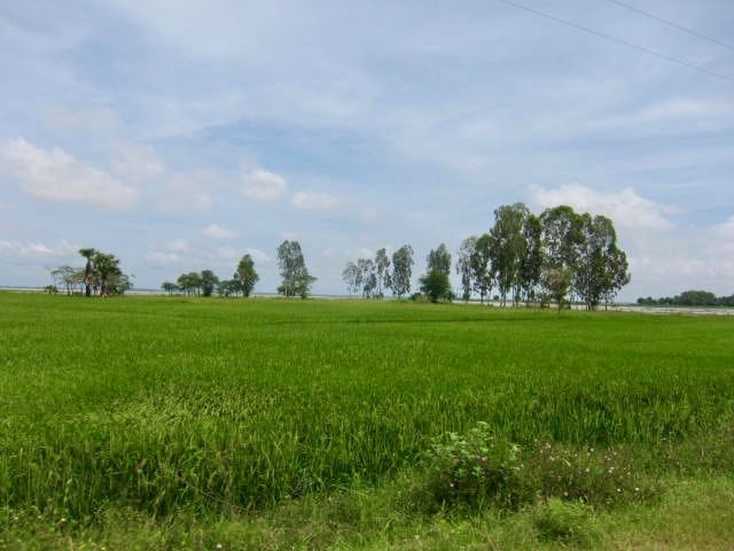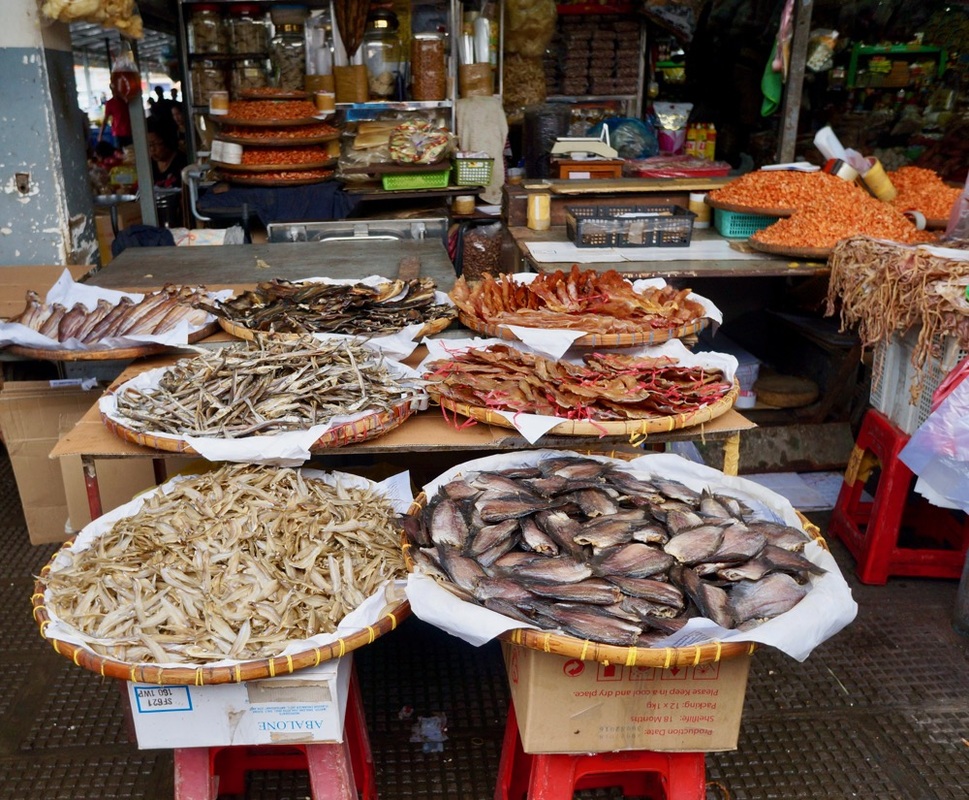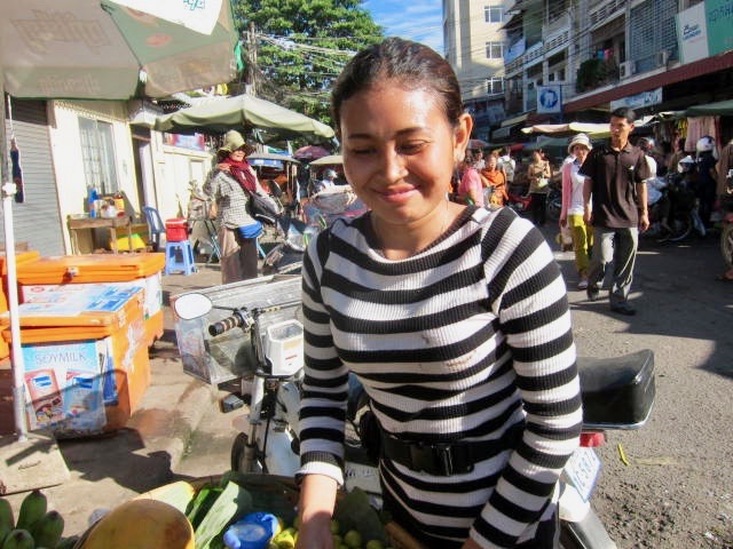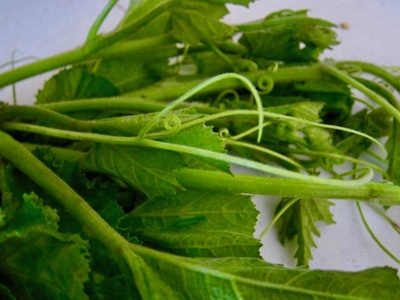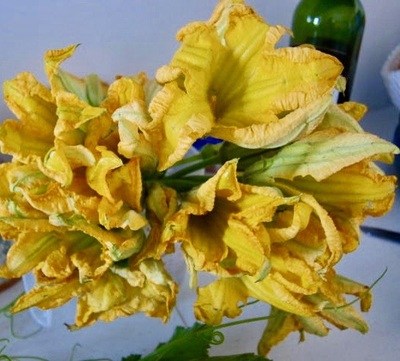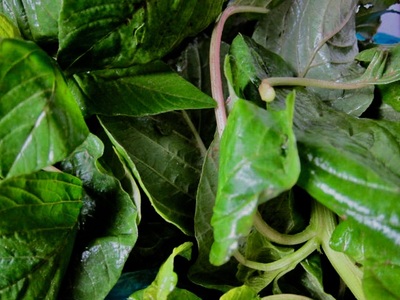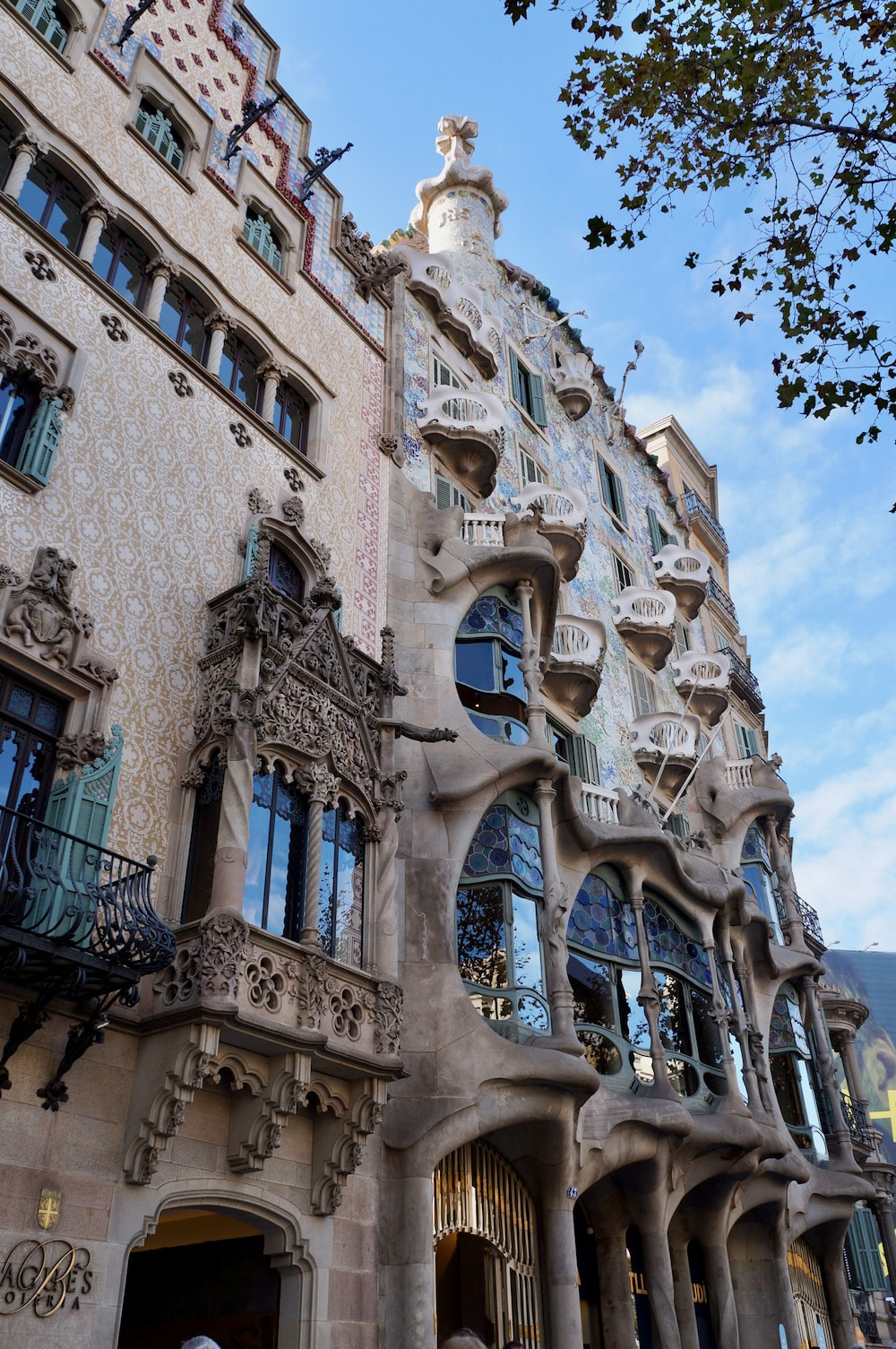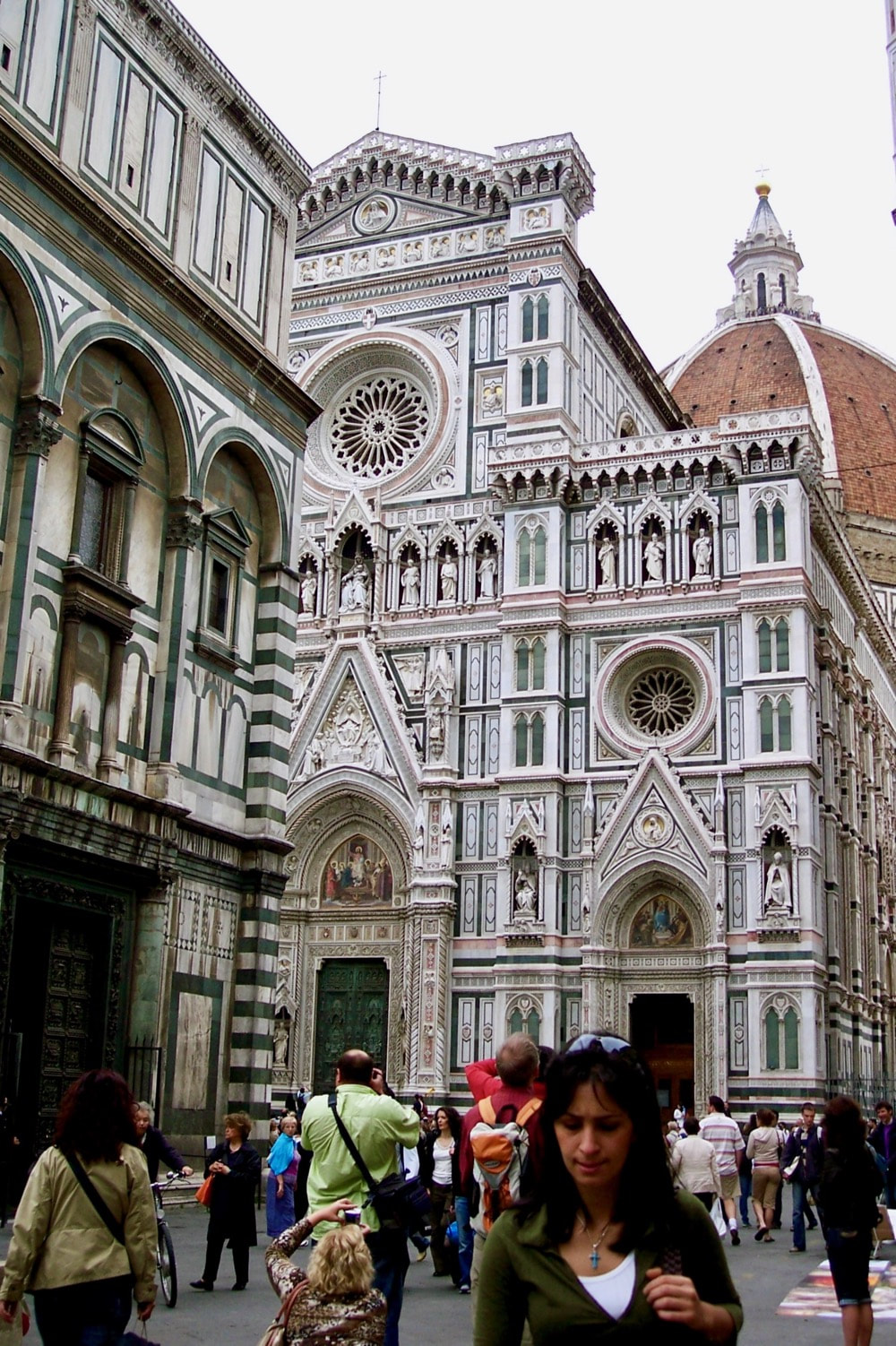|
You can never go back. We’re here where we are and that’s the end of it. But, we can still get a feeling for what history at the human level gave to our forefathers. 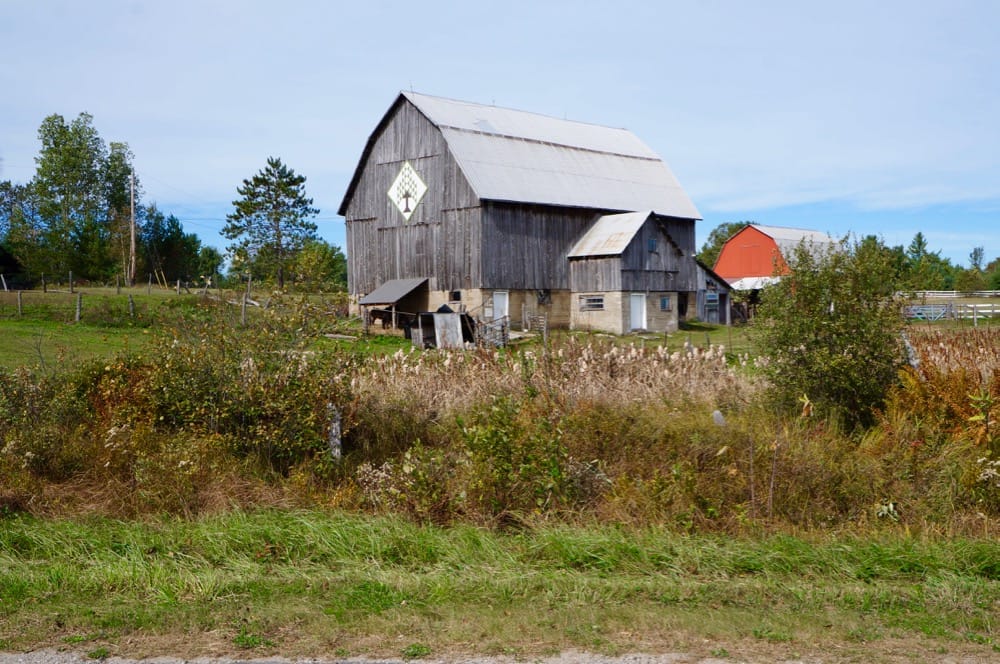 An Old Barn. Source: aesta1 An Old Barn. Source: aesta1 Go to the country. Go to the rice paddies and the wheat fields and the threshing barns and the animal sheds. Sit if you can and try to think of what each passing day was like for our ancestors who had this as their daily view and daily sense of identity. They were an extension of the land. They worked it as much as it worked them. There was a life of necessary balance requiring that what was taken out be put back. It was a whole different world than living in the 21st floor in a condominium linked to an unrecognizable ground by a stainless steel elevator. A rural vacation is your chance to go farming in your own history, to avoid the world of Disneyland rocket museums and space fantasy rides and to become part of a whole different world with different pressures and different values and a very different way of thinking. In most of our countries, in the early 1800’s, 60% of the population were rural. Lonely farms feeding tiny villages with a church and a school and a store feeding provincial towns with perhaps a restaurant, law office, a municipal court and a welcome bar. Few lived in cities and for most of those who did, life was seen as brutal and short so a rural vacation is really a chance to find out what we were for all of history before the last 100 years. There was nothing romantic about the country life except for the Downton Abbey brigade and its ilk. 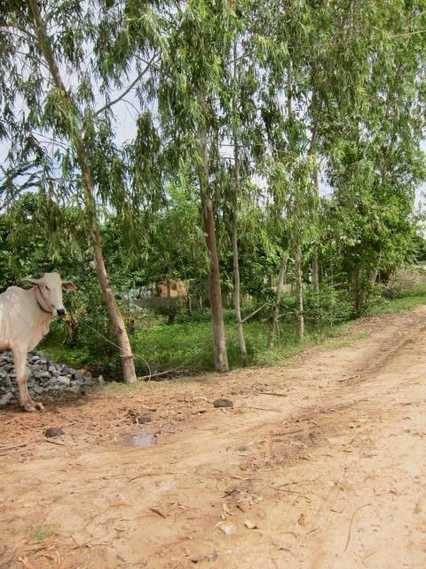 Village Cow. Source: aesta1 Village Cow. Source: aesta1 Working a team pulling logs or a plow or a wagon was tough dangerous work. Preparing food from absolute scratch everyday was a total commitment. Almost any household chore with no electricity was consummately demanding but people had a relationship with the animals and the trees and crops and rivers with whom they shared their lives. There was no race through life to an old people’s home. There was a family that started working as soon as they could walk and cared for their old folks until they cross the rainbow bridge. Each generation had to find tasks and were respected for contributing within those expectations. So, a rural vacation is not only a chance to participate in some of the old farming chores but a chance to put yourself into the history you’ve grown from. The country is a different world, a different life and a daily challenge in a totally different way than performing in an office or university or factory. Today, wer’e obsessed with physical fitness, a problem that sunrise to sunset farm folk were not very concerned with. We are completely detached from the sources of our food. Other than on television, most children have never seen a cow or a horse or they think of a goat as just like what mommy calls Grandpa. But it’s not lost. It’s all out there and children deserve to see it and live it a bit and get a feeling for our history as a measuring rod to assess the concept of progress, the meaning of success, and the terrible linkage between what we’ve gained and what we’ve lost.
Before you go, check this post out: And, don't forget to leave your comments below. Thanks for the visit. Remember those days when, with basket in one hand and your Mother in the other, you went off to your local market? Of course, for many of us, the supermarket has taken the place of these local markets. But you know what, here in Phnom Penh, this is still how many Cambodians shop. They walk to the closest local market and buy their daily supplies, fresh and coming from the local farmers whom you see deliver these in their mopeds. So, yesterday, I started early and walked to the Kabko market close to where we stay. I have been here before but I always find it convenient to go to the supermarket. I usually do my shopping later in the day which makes it too hot to walk to the market and most of the sellers by that time have folded up or are asleep. What's nice is, short though the walk is to the local market, it still gives me a chance to check out some of the shops on the way. This time, I went into a clohes shop and found that the clothes in there were made in Italy. No wonder the display was very attractive. I had fun browsing and seeing some of the latest designs. As I approached the market, I immediately spotted the Lady from whom I buy fruits. Before, I bought from her some of the sweetest papayas. This time, another customer told me that she buys from her all the time because of the quality of her fruits. I asked about a particular fruit which I did not recognize and the customer offered me one to taste. I hesitated as it has not been washed. Thank goodness, the seller immediately added a few for free to my purchase so I can try it. It made me feel a bit better. From there, I decided to get some vegetables I have tried but not cooked and here are my purchases: squash leaves, squash flowers, and greens. It was quite exhilirating for me having had, as a child, fun memories of trips to our market. It was exactly like this. Phnom Penh, though, is a much bigger city now but here in the local market you still see people engaging with each other, just being part of a community and going there often makes them take you in as one of them. Thanks for your visit. Before you go, share this in you favourite social media.
Also, if you want more on Phnom Penh makrkets, click this link: Phnom Penh's Traditional Markets. |
For those who love travel, here are some of my top recommendations of places to visit.
Click on the picture to know more of these places: Archives
October 2021
|
